Looking to enhance your Digital Marketing Vocabulary? It’s time to carve your path to success with one of the most used digital marketing strategies, SEO and check out the top SEO terms.
The path to excellence in any field goes through a thorough understanding of its basics!
As a startup when you know your product or service can bring revolution in the business world.
The onus falls on the CEO to delineate and devise a marketing strategy to carry forward the vision you aspire to through your company.
However, times, when the internet penetration rate has experienced an exponential rise, and every second person in the world, has technological affiliation either through mobile phones or PCs.
It becomes important to adopt the digital marketing strategy due to its ubiquitous nature of wide reach.
However, digital marketing sometimes in itself can become a complex strategy owing to the over-abundance of options within the strategy.
So, to help you in carrying out the best strategy, this blog will focus on one of the easiest and most effective digital marketing practices of Search Engine Optimization by discussing in detail the SEO Terms for Beginners.
To further establish a general understanding of this practice, this blog will categorically deal with the most essential SEO Terminologies that every person dealing with this strategy must:-
SEO Terminologies
1. On-page SEO
Also known as ‘On-page Search Engine Optimization’ refers to the optimum utilization of pages present within the website to improve ranking and user experience.
It is one of the most crucial aspects of SEO Terminology concerned with content present or will be portrayed on the website comprising of several techniques or elements known as the ‘on-page elements such as title tags, internal links, HTML code, URL optimization, meta description, content, keyword, user engagement, internal outbound links, etc.
2. Off-page SEO

It refers to the optimum utilization of elements present outside of the concerned website. The ‘off-site search engine optimization’ presents a unique perception and outlook to the website.
And, is further gets reflected in establishing the site’s popularity, relevance, trustworthiness, and authority.
The crucial elements of off-page SEO are link building, social media, content marketing, guest posting, reviews, citation building, etc.
3. Technical SEO
It refers to the aspect of SEO Term focussing on the technical efficiency of a website by making it easier for search engines to crawl the respected website and index its content which is a prerequisite for a good ranking of it.
Elements of technical search engine optimization comprise page speed, fixing broken links, mobile-friendly websites, site architecture, canonical tags, 404 pages, 301 redirects, optimized and fast-loading images, XML sitemaps, etc.
4. Anchor Text

It’s a redirected or hyperlinked test leading to an opening towards another website or webpage. Anchor text helps a website to establish its authority and ranking on the search engine.
Anchor text is also defined as the link label or link title and its proper use is extremely important for the website if they want to improve its specific keyword rank and increase overall website traffic.
5. Alt Text
Also known as alt attributes or alt descriptions, generally accompanied by images in the form of text. The creation of alt text usually acts as a moral obligation towards the visually impaired users as it aids them in understanding the context of the image.
Furthermore, alt text is also regarded as one of the most important elements required for SEO optimization for image search.
6. Title Tags
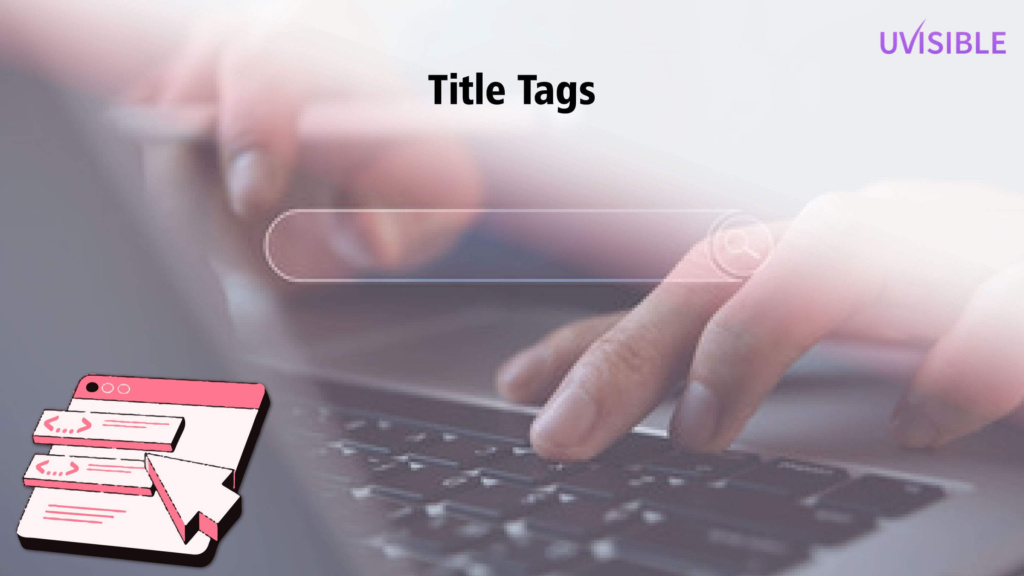
This SEO terminology, is an HTML element, acting as a first interaction point for the users when they look for any search query, the list of websites they encounter on the search engine and the way they are presented is referred to as the title tags.
Proper management of title tags is a must for websites as it improves their ranking and page visibility.
7. Meta Description
It could be considered an elaborative form of a title tag explaining the context of content in a couple of lines, like title tags it’s also displayed on the top at the time of search query and helps in improving ranking and page visibility.
So, next time before making any blog post live, don’t forget to include this SEO terminology.
8. Keyword
Keywords can be considered the soul of SEO as they are nothing but a word or combination of words used by the user while searching for queries on search engines.
In terms of type, this top SEO terms, ‘keywords’ can be classified based on intent
A. Generic – Example: ‘Best Cars
B. Specific – Example: ‘Best Cars under 6 Lakhs’
Based on Size
A. Short Tail Keywords – Example: ‘Kiara Advani’
B. Long Tail Keywords – Example: ‘Top 5 Movies of Kiara Advani’
The correct optimization of keywords helps websites to increase their traffic profoundly and even consolidate their brand identity.
Check out the Best SEO Tools You MUST use in 2023
9. Keyword Density

Keyword density is the number of times a particular keyword appears in the overall text of the website.
The rule of SEO states that the designated keyword for the web page if it has a higher appearance rate in the text, gives search engine crawlers a good indication regarding the page and lists it higher on the search engine.
10. Domain Rank
Also known as the ‘domain authority’, considers the overall presence and authority of the website over the particular search engine.
This SEO terminology, domain rank or domain authority is calculated by meticulously designed metrics consisting of several total links, linking root domains, and other factors based on a 100-point scale.
In simple terms, the higher the domain rank the more will be the traffic.
11. Domain Trust
It is known as a parameter that calculates the number of already trusted and established websites providing links to your website.
Mostly government, news, or any reputed organization’s websites mentioning your website through outbound links is considered an achievement in the realm of SEO terms for beginners, as it improves your domain authority on the search engine by a significant boost to your ranking.
12. Page Rank

While discussing various SEO terminologies, page authority is one of the crucial terms, similar to domain authority it also gets measured on 100 – a point scale but focuses on the ranking and authority of a web page rather than the whole website.
Therefore, the higher the page rank, the higher it will be ranked on the search engine for that particular keyword.
13. Do Follow and No Follow
It’s a link attribute provided mostly by trusted websites with high domain authority where they back their authority to other websites which are referred to as ‘do follow’.
Websites that get mentioned by these trusted websites but with a link that is not substantiated by them are referred to as ‘no-follow links’.
In SEO websites should garner higher do-follow links rather than no-follow links, for generating higher domain authority.
14. 301 Redirect
Among the varied SEO terminologies with different purposes, this particular redirect is unique, as it’s an indication by the concerned website telling search engines that one of the web pages has been permanently moved to a new location on the same website.
15. Canonical URL

Search engines, in their process of indexing, most of the time pick links from other web pages leading to duplication of content on the same website.
To provide weightage to the original website link, SEO terminologies like canonical URL is produced to award the website its authority and originality.
16. Headings
Also, referred to as the ‘H’ tags usually range from H1 to H6. This SEO terminology is part of the HTML tags and provides a level of significance and hierarchy in content.
17. Internal Outbound Links
The art of linking is the backbone of SEO. As it not only improves its visibility but helps in improving its rank and authority in the search engine.
Linking to another page of a website is called an internal link.
When several links are added to a post or page it’s known as the outbound links.
And, when the website gets a link from another website it is known as an incoming link or backlink and if the links are provided to another website it’s known as the outgoing link.
18. Search Engine Result Page
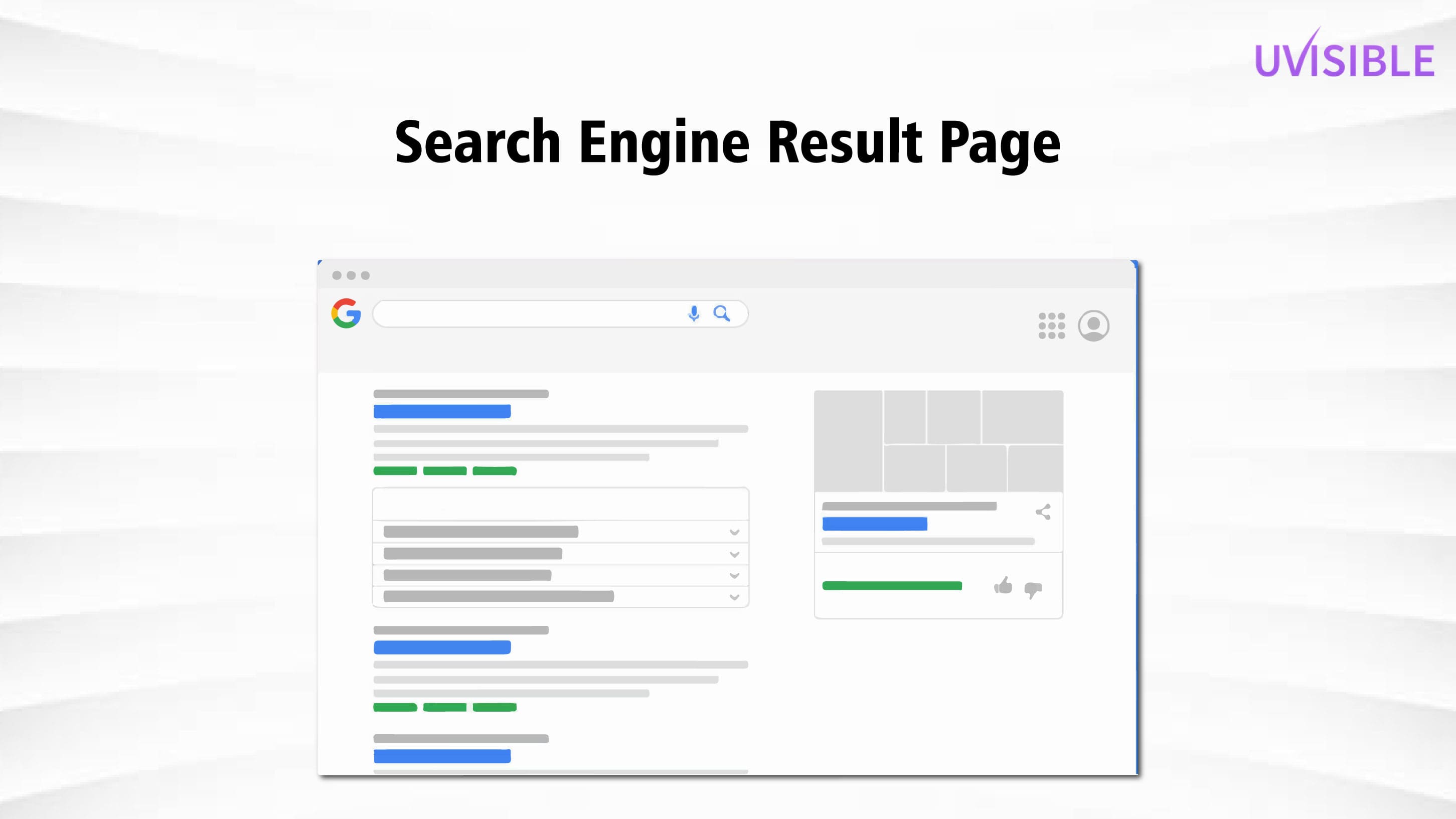
The first page encountered after typing a keyword or a particular search query on a search engine is referred to as the search engine result page.
19. Sitemap
This is nothing short of one of the top SEO terms, as it is a listing of web pages most important to a website in the quest of easily getting recognized and identified by search engine crawlers.
The practice of producing accurate sitemaps provides precision to the website and improves its indexing process.
20. Breadcrumb Navigation
It is a navigation technique that improves the relationship between the web pages of a website for the users interacting with it and the concerned search engine’s crawling and indexing.
21. Indexing or No Indexing
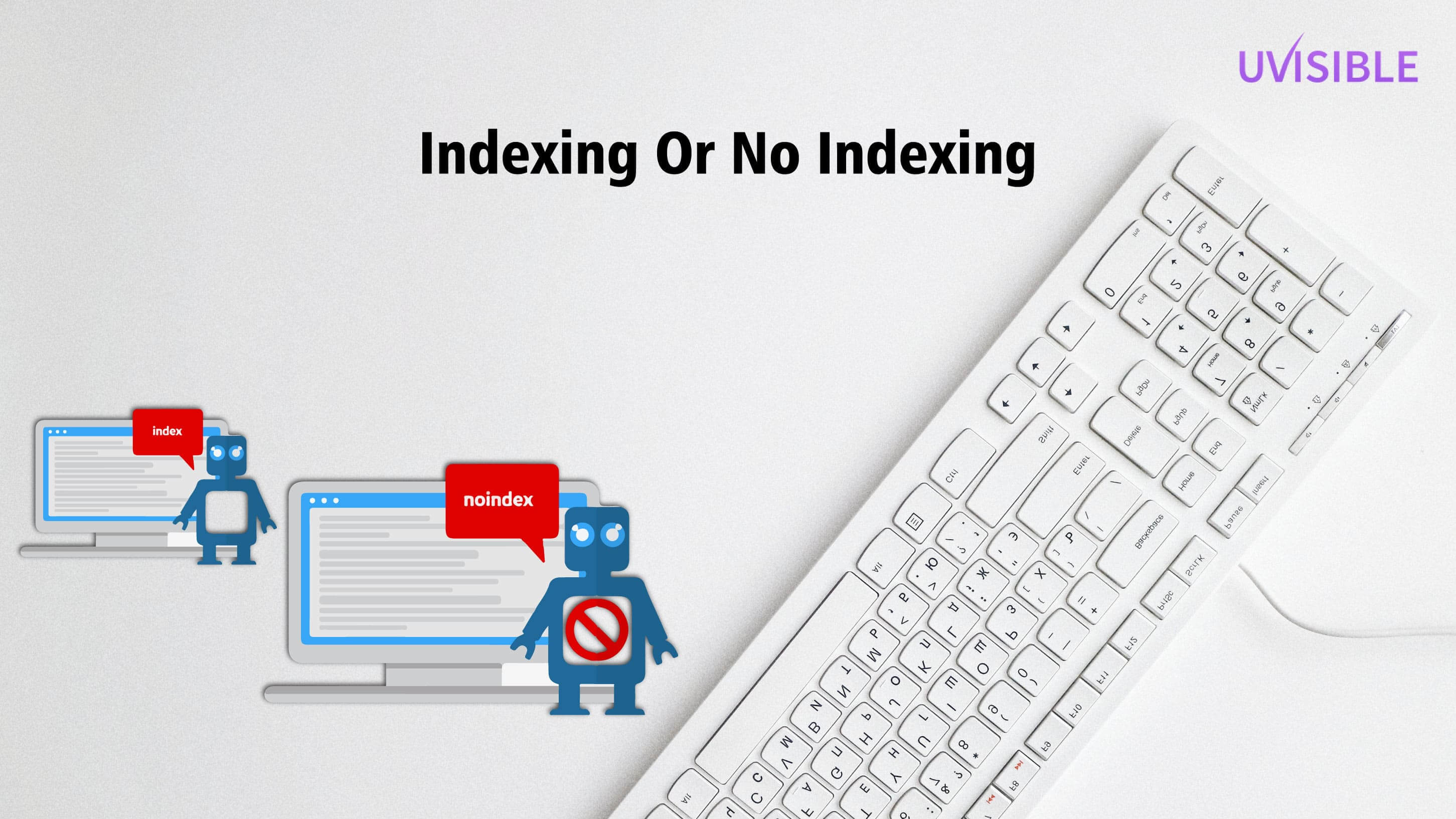
SEO terminology which is nothing but a direction technique where the concerned website directs search engine crawlers to either index the web page or not.
Pages that are set for indexing HTML tags are known as the ‘indexing pages’ and pages that are set with HTML tags of no indexing are known as the ‘non-indexing pages’.
22. Guest Posting
It is the process of producing content and contributing it to a third-party website. Guest Posting also known as ‘Guest Blogging’ is a marketing tactic that benefits the content creator as well as the publisher.
It helps in generating more links for the creator’s website and the publisher it aids him or her in getting quality content and enhancing the website’s authority.
23. 404 Error
It is a ‘page not found error and acts as a red flag for the website which receives it, referring to the content uploaded and published on the website that was not retrieved by the crawler leading it to not being indexed.
This sort of error significantly tarnishes a website’s domain authority, ranking, and indexing rate and must be resolved at the earliest by the concerned publisher.
Summing Up!
All the important SEO terminologies mentioned above don’t completely explain the entire process of SEO (Search Engine Optimization) but give important insight into it.
As it enhances the level of understanding, especially for a novice who is just about to enter the world of digital marketing and explore it through the channels of SEO Terms for Beginners.
So, I hope these terms will get you accustomed to the process of SEO and will add value to your knowledge.
FAQs
Q1. What are the 4 types of SEO?
The 4 types of SEO are: 1) On-page SEO, which focuses on optimizing the content and structure of a website to improve its relevance and visibility for search engines. 2) Technical SEO, which involves optimizing the technical aspects of a website, such as its code and architecture, to improve its crawlability and indexing. 3) Off-page SEO, which involves building backlinks to a website to improve its authority and credibility. 4) Local SEO, which focuses on optimizing a business’s online presence for local searches, such as by claiming and verifying business listings on directories and review sites.
Q2. What are the 7 types of SEO?
The 7 types of SEO are: 1) On-page SEO, 2) Technical SEO, 3) Off-page SEO, 4) Local SEO, 5) Content SEO, 6) Mobile SEO, and 7) E-commerce SEO. Each one of these types of SEO focuses on different aspects of website optimization to improve its visibility and ranking in search engines.
Q3. Which is the most powerful SEO tool?
The most powerful SEO tool is a combination of various tools such as Google Analytics, Google Search Console, Ahrefs, SEMrush, and Moz, to name a few. These tools provide valuable data and insights to help improve website visibility and ranking in search engines.
Q4. How do beginners do SEO?
Beginners can start doing SEO by researching keywords, optimizing title tags and meta descriptions, building quality backlinks, and creating valuable and relevant content. Utilizing free tools like Google Analytics and Google Search Console can also help beginners to improve their website’s performance.
Q5. Can you learn SEO in 3 months?
Yes, it is possible to learn the basics of SEO in 3 months, but it takes time, practice, and patience to master the art of SEO. It’s important to stay updated with the latest SEO trends and best practices and to continuously monitor and optimize your website’s performance.
Q6. How can I improve my SEO skills?
To improve your SEO skills, you can start by reading SEO blogs and tutorials, taking SEO courses and attending SEO webinars, experimenting with different SEO strategies on your own website, and staying up-to-date with the latest SEO trends and best practices. Continuously monitoring and analyzing your website’s performance will also help to improve your SEO skills.
Q7. Top SEO terms
Top SEO terms include keyword research, backlinks, meta tags, crawlability, organic traffic, SERP, Google algorithm, bounce rate, and content optimization. Understanding these terms and how they affect SEO performance is crucial for improving website visibility and ranking in search engines.
Q8. Can I learn SEO on my own?
Yes, it is possible to learn SEO on your own, by reading SEO blogs and tutorials, experimenting with different strategies on your own website, and staying up-to-date with the latest SEO trends and best practices. However, it’s also important to note that SEO is a continuous learning process and it may be helpful to seek guidance from experts in order to master the art of SEO.
About us and this blog
We are a digital marketing company with a focus on helping our customers achieve great results across several key areas.
Request a free quote
We offer professional SEO services that help websites increase their organic search score drastically in order to compete for the highest rankings even when it comes to highly competitive keywords.
Subscribe to our newsletter!
More from our blog
See all postsRecent Posts
- Master Mobile Optimization: Best Practices to Boost Your Website’s Performance December 30, 2024
- 8 Steps to Create an Effective Email Marketing Strategy December 27, 2024
- Boost Credibility with the Power of Video Testimonials December 25, 2024


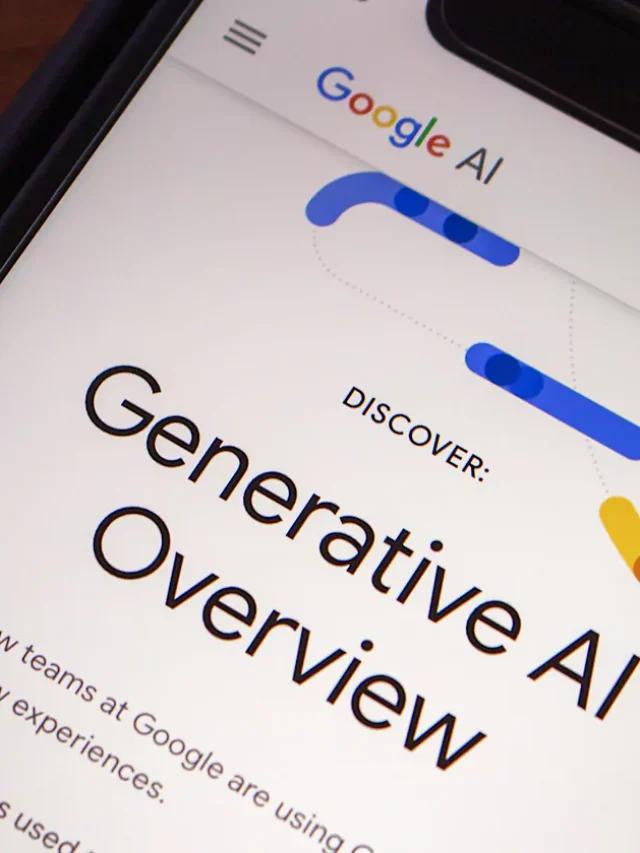


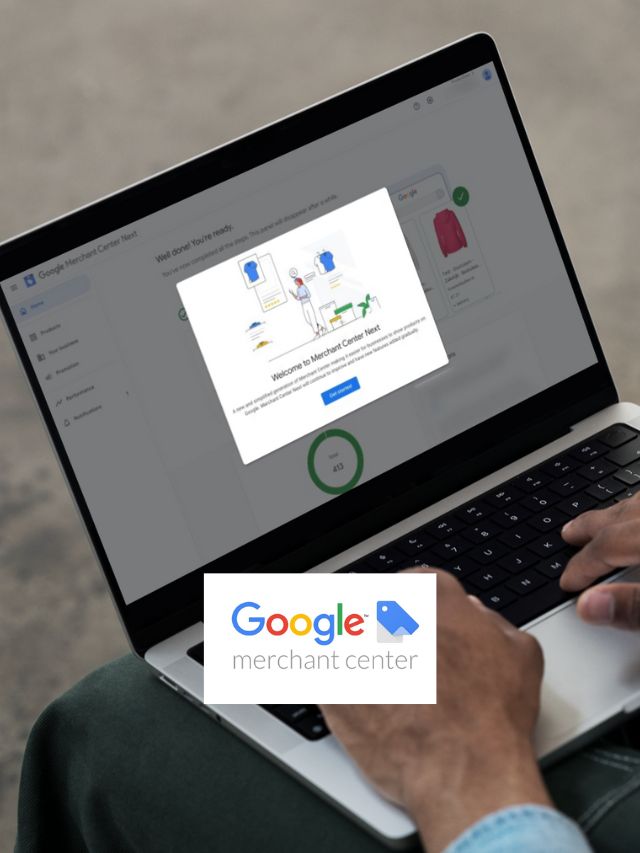








Pingback: SEO vs PPC: Which is Better for Your Business Growth? - Uvisible
Pingback: Optimize Images for SEO - The Ultimate Guide - Uvisible
Pingback: Ultimate Guide to Outsourcing SEO: Expert Strategies for Driving Traffic and Increasing Revenue - Uvisible